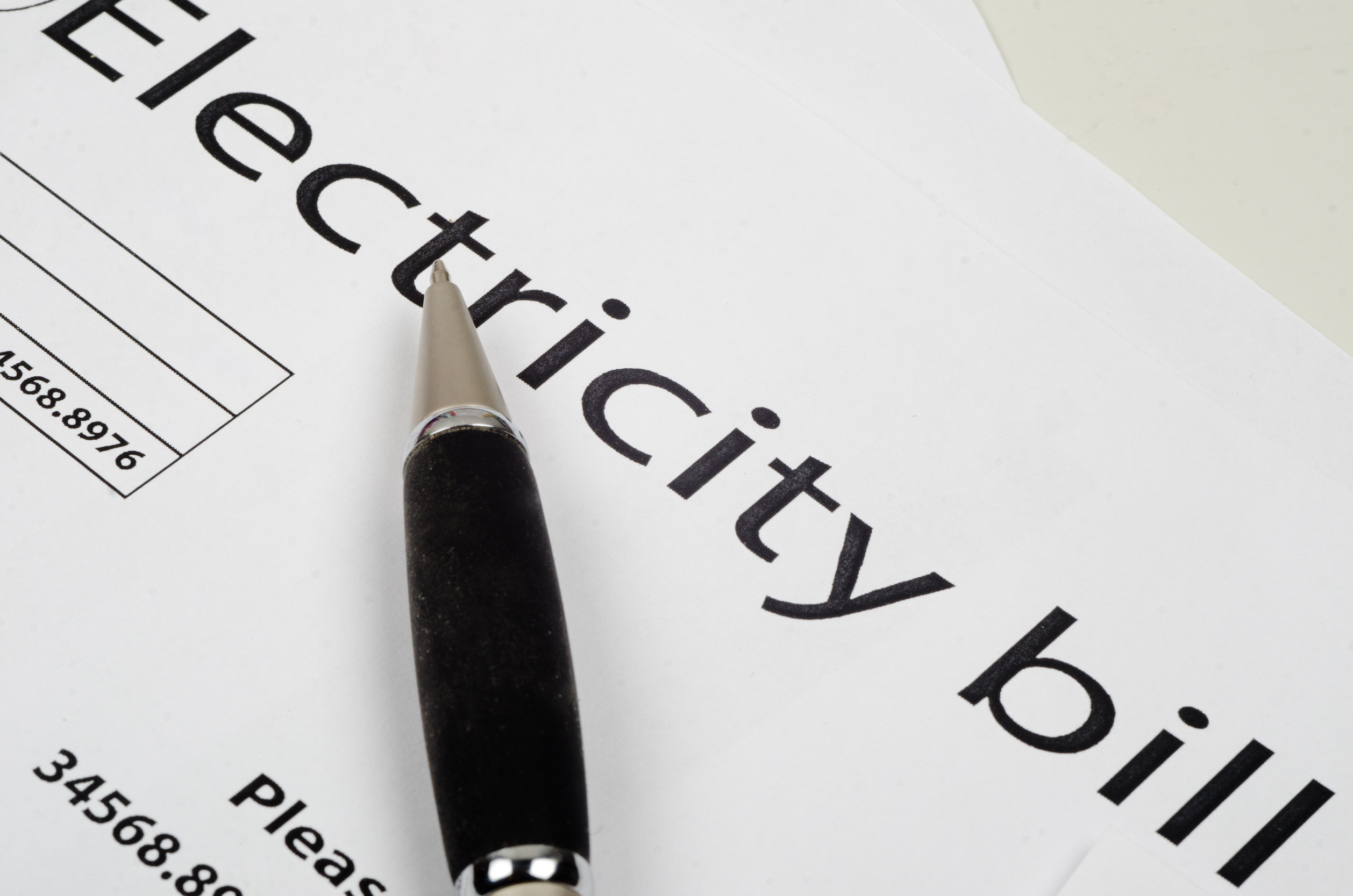
Image Source: 123rf.com
Electric bills have become a painful reminder of just how expensive energy can be, but what’s worse is that the reasons behind those rising costs are not always within your control. While many homeowners and renters are quick to blame themselves for high bills, the truth is, external factors often play a far bigger role than you think. From outdated infrastructure to fluctuating energy markets, here are 8 reasons why your electric bill might be skyrocketing—and why it’s not your fault.
1. Increased Energy Demand
The demand for energy is increasing rapidly as more people rely on electricity for heating, cooling, and running appliances, particularly during extreme weather months. While you may feel like you’re doing everything right by switching to energy-efficient products, the overall demand on the grid still increases. With higher demand, electricity prices go up as the supply becomes strained, which directly affects your monthly bill.
2. Aging Power Grid Infrastructure
Most of the U.S. still operates on an aging power grid infrastructure, which means the system that distributes electricity is inefficient and prone to problems. Old transmission lines, equipment, and facilities are not as energy-efficient as modern alternatives, and they require costly repairs and maintenance to keep functioning. These costs are often passed down to consumers in the form of higher electricity prices.
3. Global Energy Prices
Electricity is increasingly tied to the global energy market, meaning that fluctuations in the price of oil, natural gas, and coal can have a significant impact on your bill. Even if your energy provider relies primarily on renewable sources, they may still purchase backup power from fossil fuel plants when demand is high or renewable output is low. If global energy prices rise, so do your electricity costs.
4. Increased Utility Fees and Charges
In many regions, utilities have been increasing their rates and fees, citing reasons such as infrastructure maintenance and environmental initiatives. These added charges, such as demand fees or transmission fees, aren’t always directly linked to how much power you consume, but they can still make up a significant portion of your bill. Unfortunately, these charges are outside your control and typically aren’t affected by your energy usage.
5. Seasonal Weather Changes

Image Source: 123rf.com
Unpredictable weather patterns, such as hotter summers and colder winters, are causing more people to run their air conditioners or heaters for longer periods. When these devices are running full-blast, your bill rises as a result of the increased energy consumption. While you may take measures to conserve energy, prolonged extreme temperatures can make it almost impossible to keep your bill low.
6. Energy Supply Chain Disruptions
The global supply chain has seen significant disruptions in recent years, affecting nearly every industry, including energy. Shortages in the production and transportation of fuel have caused utility companies to raise their prices to cover costs. Whether it’s the cost of natural gas or issues in coal production, these disruptions trickle down to you as a consumer, driving up the cost of your electricity.
7. Inefficient Appliances and Electronics
While you may think you’re saving money by using energy-efficient appliances, some older models or devices still use far more electricity than you might realize. Things like refrigerators, air conditioning units, and water heaters tend to consume large amounts of energy. Even with the best intentions, if your appliances are outdated or malfunctioning, you may end up spending far more than you need to on electricity.
8. Utility Deregulation
In some states, deregulation has allowed multiple energy suppliers to enter the market, creating competition but also confusion. While you might have the option to switch to a different supplier, it doesn’t always guarantee you’re getting the best deal. In fact, these changes can lead to higher rates if you’re not savvy about your options. Utility deregulation often means that you’re at the mercy of fluctuating prices from multiple companies, which can drive your electric bill up unexpectedly.
Understanding The Root Cause
As you can see, your skyrocketing electric bill may not be entirely your fault. With increasing demand, aging infrastructure, and unpredictable energy markets, there are plenty of factors that can push your costs up. While you can certainly make efforts to conserve energy at home, it’s important to recognize that much of what drives your bill higher is out of your hands. Understanding the root causes behind rising electricity prices will help you stay informed—and possibly help you find ways to mitigate these factors in the future.
Are you in disbelief of how quickly your electric bill is rising? Let us know in the comments below.
Read More:
Autopay Secrets: 11 Ways To Successfully Use Autopay To Simplify Your Bills
Cold Hard Facts: 12 Unexpected Complications of Electric Scooters

Latrice is a dedicated professional with a rich background in social work, complemented by an Associate Degree in the field. Her journey has been uniquely shaped by the rewarding experience of being a stay-at-home mom to her two children, aged 13 and 5. This role has not only been a testament to her commitment to family but has also provided her with invaluable life lessons and insights.
As a mother, Latrice has embraced the opportunity to educate her children on essential life skills, with a special focus on financial literacy, the nuances of life, and the importance of inner peace.